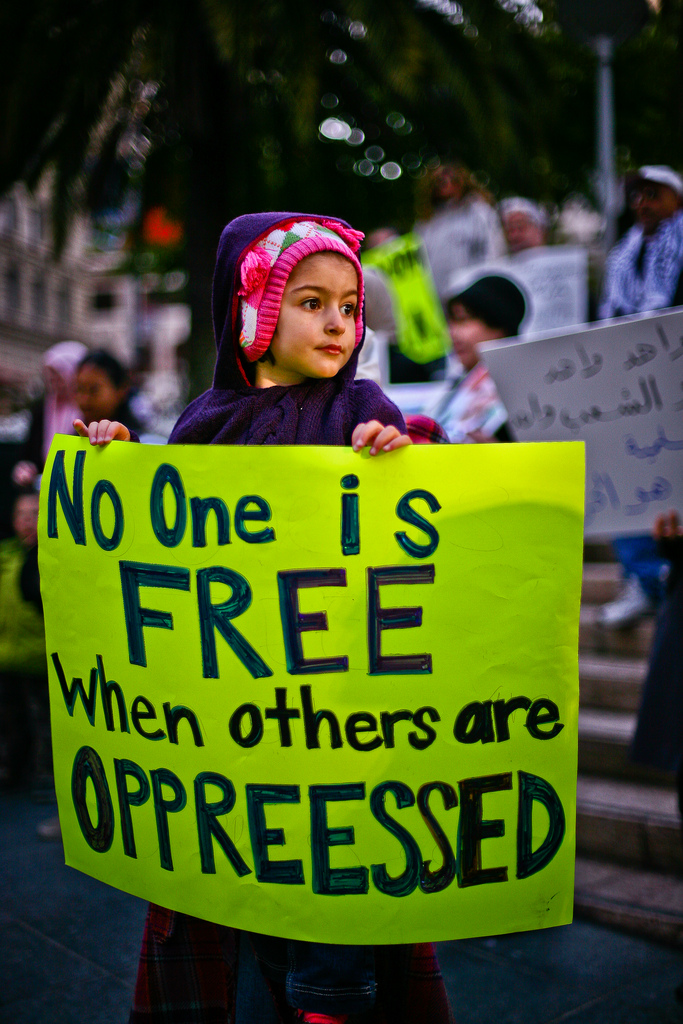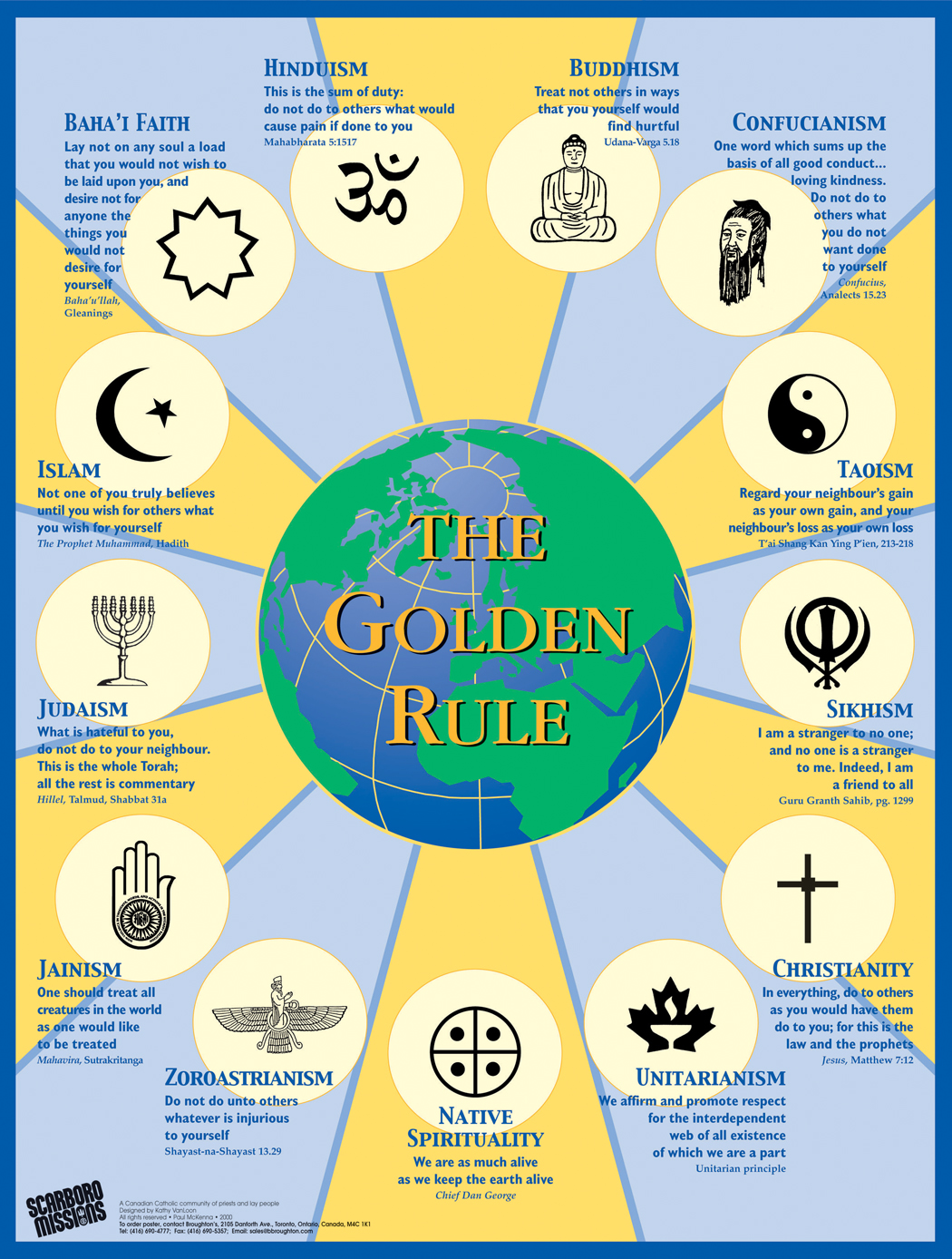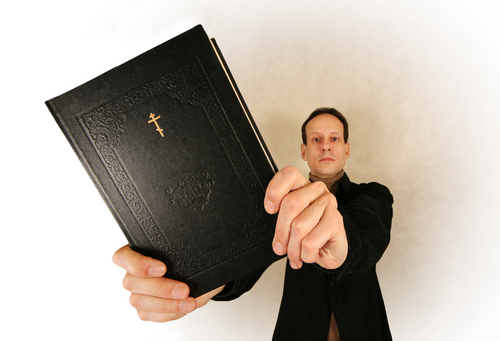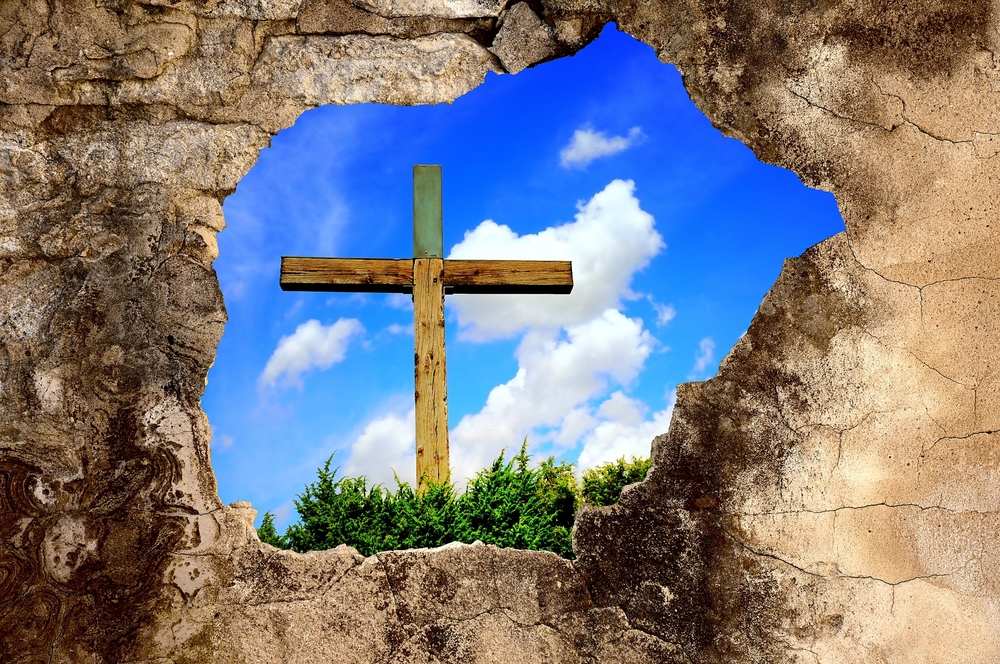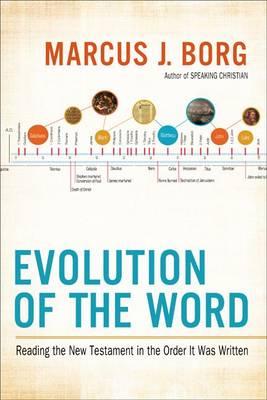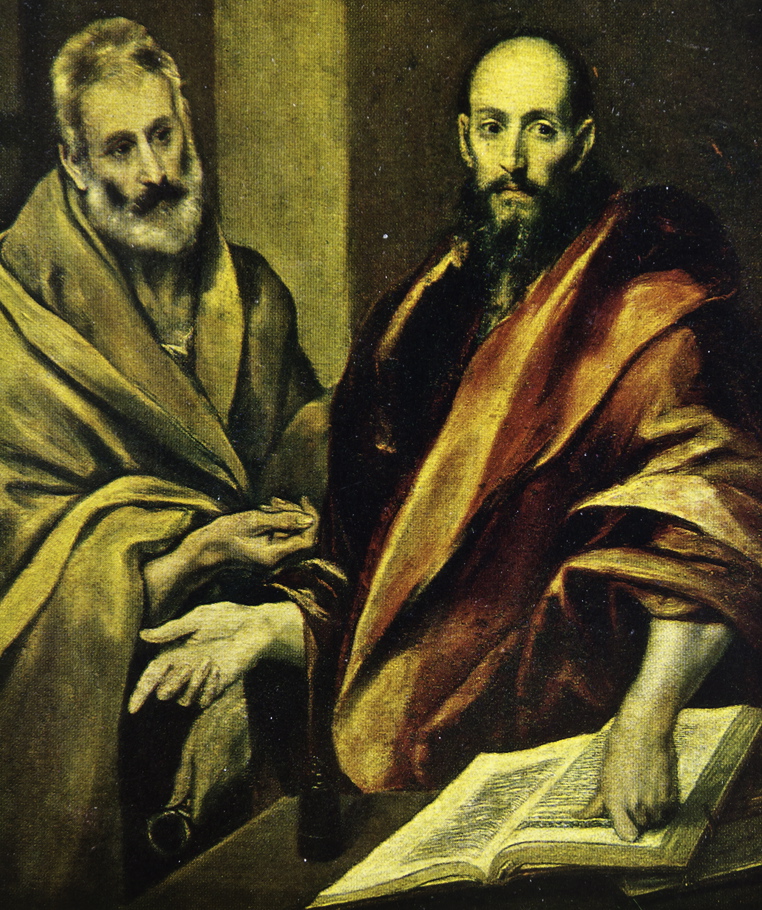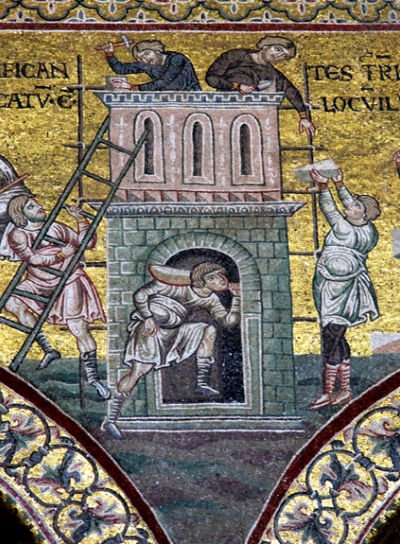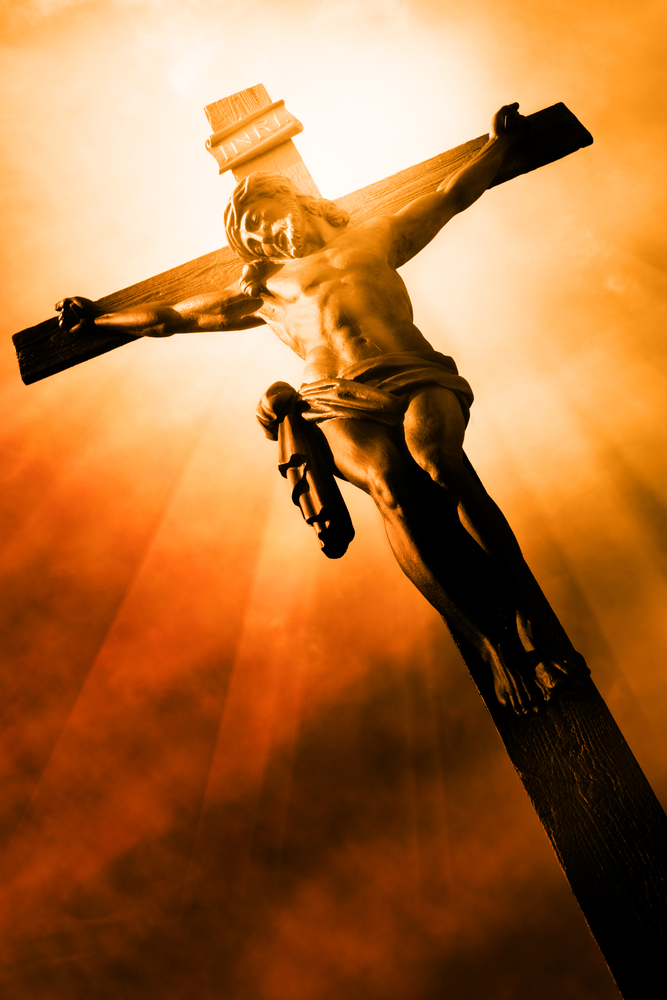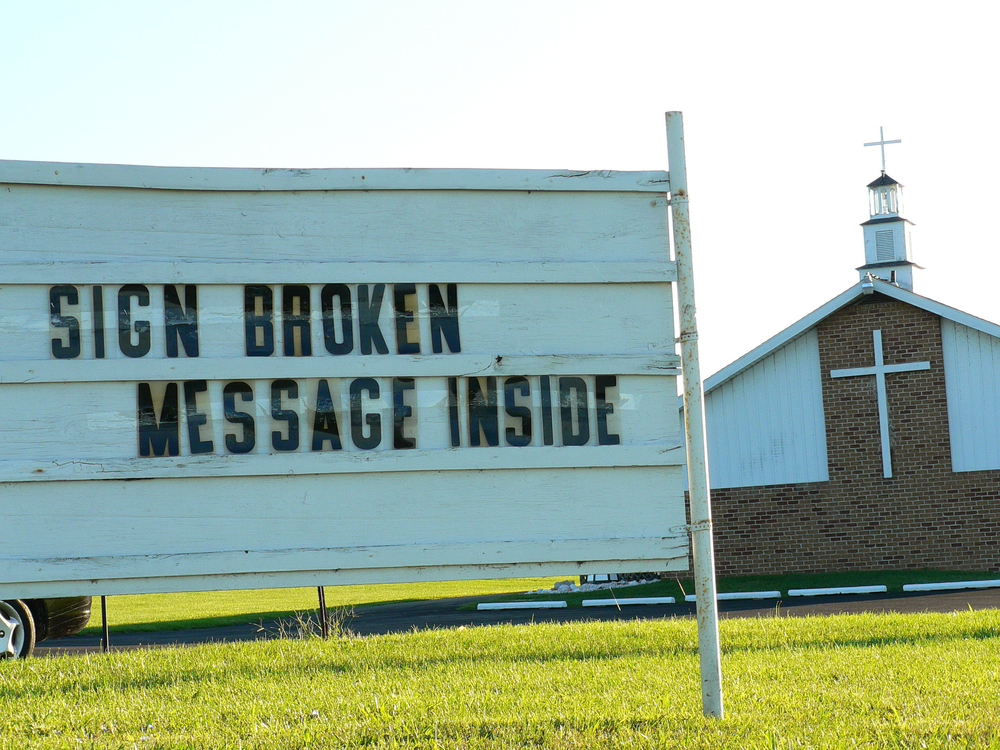How did we get here? All over the world people are marching in the streets proclaiming, “Black lives matter.” Millions have defied the fear of the corona virus, and taken their lives into their hands to venture out into the streets to protest the systemic racism that permeates institutions all over this planet.
We know what to do. The Universal Declaration of Human Rights begins: “Whereas the peoples of the United Nations have in the Charter reaffirmed their faith in fundamental human rights, in the dignity and worth of the human person and in the equal rights of men and women and have determined to promote social progress and better standards of life in larger freedom.” Unitarian Universalists claim the “inherent worth and dignity of all humanity.” Christians claim the Apostle Paul’s ecstatic revelation that “You are no longer Jew or Greek, no longer slave or freeborn, no longer ‘male and female.’ Instead you all have the same status in the service of God’s anointed Jesus.” Leviticus 19:18 says, “Love your neighbor as yourself.” Jesus said, “Love your enemies.”
Published by Scarboro Missions
The Golden Rule, known also as the Ethic of Reciprocity, is arguably the most consistent, most prevalent and most universal ethical principle in history. Many regard it as the most concise and general principle of ethics.
What Does Hebrew Scripture Say about Life After Death? There isn’t much in Hebrew scriptures about life after death. According to Ecclesiastes, death
I think Christian missionaries should live among the people exhibiting their Christianity in their daily lives. If the people see something in their lives that is missing in their own lives they will ask about it, which gives the missionary permission to tell them about their faith.
We all belong. We are each one a part of the Temple of God. Paul wants the church at Corinth to recognize that they all belong to one another, and that it is foolish to divide and polarize around certain leaders. Paul argues that there is no place in the church for petty jealousies and pride.
Celebrate our life together, giving birth in many ways; Father-Mother Love is with us, leading to a better day. Equal partners ‘round the table, family groups of every kind show us how to nurture kindness, new creation’s joy to find.
In Matthew’s midrash of Isaiah’s prophecy, Jesus tours all over Galilee, teaching in the synagogues, curing all kinds of diseases, and proclaiming that God’s kingdom has come. The verses in Chapter 4 selected by the creators of the Revised Common Lectionary for the third Sunday after the Epiphany are the preface to Matthew 5:1 through 7:29, the great Sermon on the Mount. Jesus walks by the Sea of Galilee, and invites his disciples to leave their nets and become “fishers for people,” traditionally interpreted to mean saving souls from hell. But John Dominic Crossan, points out that Jesus could have brought his message anywhere in Roman occupied Judea. Why Galilee? Why Capernaum?
The one thing that almost all theologians, biblical scholars, and historians agree on when it comes to Jesus is that the kingdom of God was foundational to his mission and ministry. It is front and center, it is at the heart and core of his life and work.
Repentance
At times like this, I wish more people who identify themselves as Christians or followers of Jesus knew more about the roots of their own tradition, Judaism. The Mother religion of our tradition has a very different kind of New Year called Rosh Hashanah. Jesus, or Yeshua, was a Galilean Jew. As should be expected, his teachings are heavily influenced by his own tradition and its teachers. For Jews, Rosh Hashanah is preceded with a long period of time for introspection. It’s time for looking back at the mistakes of the past year and thinking about those whom they may have harmed. This intentional self-inspection ends with the holiest of holidays, Yom Kippur, ten days later. The time in between is referred to as the Days of Awe or Days of Repentance.
Millions of children in the Northeast quadrant of the United States will have to miss their annual spook-fest and candy shake-down on October 31 this year. Something far more terrifying than any Halloween slasher film rose up from the tropics and swooped onto the mainland in the last few days of October. Like a fell creature from JRR Tolkien’s Middle Earth, the “Frankenstorm” named Sandy, spinning counter-clockwise (the Devil’s own widdershins), spread its Nazgûl wings from North Carolina to the Great Lakes. What began as a late-season Hurricane (strange enough) was sucked into an early Arctic cold front, and created a weather system never before experienced in recorded human time.
The New Testament in the Order the Books Were Written
the full-text of the New Testament—and one of the only Bibles organized in chronological order and including explanatory annotations that give readers a more informed understanding of the Scripture
But the loss of their key center and probably the main leadership and overall strength of the movement opened the way for Pauline Christian influence which is clear particularly in Luke (both his Gospel and Acts).
Jerusalem, Now and When?
Why would a Jewish American doctor risk serving the medical needs of Palestinian children in the occupied territories of the West Bank?
Giving Voice to Intolerance in an Age of Pluralism
The back story to the Tower of Babel myth is that the orignial plans called for anything but babble. But where once humankind may have all spoken the same language with one unifying plan to build a place all could dwell and abide one another, it has long since ever been the case. “We live in a pluri-verse, not a uni-verse,” says Raimon Panikkar. Ours is a pluralistic age in which we have many different and opposing – even sometimes mutually incompatible -- worldviews that threaten planetary human coexistence. In the midst of such chaos and confusion, how can we tolerate each other’s differences? Or, some might ask, should we even try? I consider myself a very tolerant person! The only people I cannot abide are ignorant and intolerant bigots! Does that make me intolerant as well, or merely principled? What would constitute a forbearance of principled intolerance, with a leniency of spirit? Here's John Bennison's latest Commentary from Words and Ways.
I've titled this as about the Resurrection, which is just one part of a complex of beliefs... but let's return and end there... What similarities or differences do you see in Paul's Resurrection statements and beliefs and those of the early Jerusalem Jesus-followers?
Are you religious? Your answer will depend a lot on what your questioner meant by the concept of “religion” and how you view this concept.
2) The Hebrew scriptures, or the Old Testament, represent a religious tradition that is independent of the later Christian faith. The Hebrew scriptures aren't about Jesus, although the Christian scriptures include many references to the Hebrew scriptures. To honor the fundamental differences between the two sets of scriptures doubles the spiritual significance of the entire Bible.
Soul Searching In 1907, a physician name Duncan MacDougall from Haverhill, Massachusetts, set out to not only prove the existence of the human soul, but that it had a physical presence and substance, much like the heart and lungs, flesh, bone and blood. With the use of a large scale he recorded the weight of terminally ill patients at the moment of death, and discerned a drop of ¾ of an ounce. He deduced the fleeting soul not only existed, but left the body for who knows where, weighing a mere 21 grams. The human heart has always longed to believe little ‘ol me is made up of something more than the dust of the earth, to which all mortal flesh returns. It has been part of the stuff of religious thinking since the beginning of human thought. For all its persuasive power to drive human beings to believe what cannot be known, and behave in the most radically extreme ways sometimes, the promise of an afterlife and immortality often remains void of much critical examination. This commentary build on the earlier article, "Moving Heaven and Hell," which can be found in the Center's Library.
Sea Raven juxtaposes recent military events with the Gospel to make an eye-opening point about the cost of retributive justice.
The overwhelming probability is that the familiar details of the cross are not the result of historic memory at all, but are rather liturgical interpretations of who it was who died on the cross and what his death meant. A quick analysis of the details from this narrative reveals that they were drawn not from the memory of eye witnesses, but from the scriptures of the Jewish people, primarily from Psalm 22 and Isaiah 53. So even the central story of the final events in Jesus' life now looks more like the work of an interpretative imagination than it does the work of a historian.
Constituencies of two distinct religious traditions joined in and by their pasts have been engaged this week in observances honoring their shared mythology.
In this insightful new study, Dr. Horsley contends that God intensely cares about economic justice. As followers of the Heavenly Father, we, too, should be deeply concerned about this vital issue. Horsley divides his book into two sections: “Economic Justice and the Common Good” and “The Renewal of Covenantal Community.” A “distinctively covenantal concern for economic rights and mutually supportive and cooperative community,” he asserts, “runs strongly throughout the Pentateuch, the Prophets, the Gospels, and the Letters of Paul.”
Biblical Christianity is bankrupt. I use ‘bankrupt’ in the exact sense of the term. A business that goes bankrupt still has value and is capable of producing useful goods or services. It still has an inventory and trained professionals in its employ. Until the day insolvency is declared, it also usually has a façade—a bright and upbeat demeanor by which its clients and the community at large assume it to be relatively healthy. The only thing wrong is that a bankrupt business is no longer able to accomplish its purpose: to be successful. It is precisely in this sense that I suggest Bible-centered faith is bankrupt.
The truth of the matter is that the scriptures of Judaism, Christianity, and Islam are filled with violence, divisiveness, condemnation. So, too, are they filled with passages that condone the destruction of property and persons of other belief systems and nationalities. True, too, is the reality that such content can, and as Jones has reminded us, will be used for appalling purposes. The pastor in Florida is only doing what he believes his God expects him to do. It’s a God he would deny for no one. Not for his president, Barak Obama, who pleaded with him on behalf of Americans around the world, not to go ahead with his plan. Not for his evangelical brother in the faith, Rick Warren, who has called it a “cowardly act”. Not for any “progressive” Christian like me or Diana Butler Bass who drives a car with a COEXIST bumper sticker on it, each of the letters formed from the symbol of a different religion
Catholics and other Christians misunderstand and misrepresent Jesus, as will be explained, if they believe he "happens to be God" and to be literally human and divine. They should renounce such ideas, because only in a mythological story can Christ be presented as divine. Such myths are not factual or historical, but were written to express convictions about the commitment of a transcendent God. ?
This book explores the quest for the Historical Jesus and seeks to discover the original meanings of his teachings, in particular his kingdom of God teachings. You will learn about the last 200 years of Jesus research, including the Jesus Seminar. The author discusses Gnosticism, The Gospel of Thomas, The Secret Gospel of Mark, The Gospel of Mary Magdalene along with the four canonical gospels; Matthew, Mark, Luke, and John. The author spends much of her time investigating the Parables of Jesus. In the parables, Jesus preaches about "the kingdom of God." This concept is taught by Jesus on two levels. One for the masses and one for his inner circle. The uncovering the "secret teachings" of the parables is very illuminating and inspirational. Whether you are a seminary student, pastor, educator, or layperson; this is a must read on the subject of the historical teachings of Jesus! The book was written by a respected scholar in Historical Christianity, Dr. Lisa Morris.


